Vampyr review
Jack of all trades, master of blood.
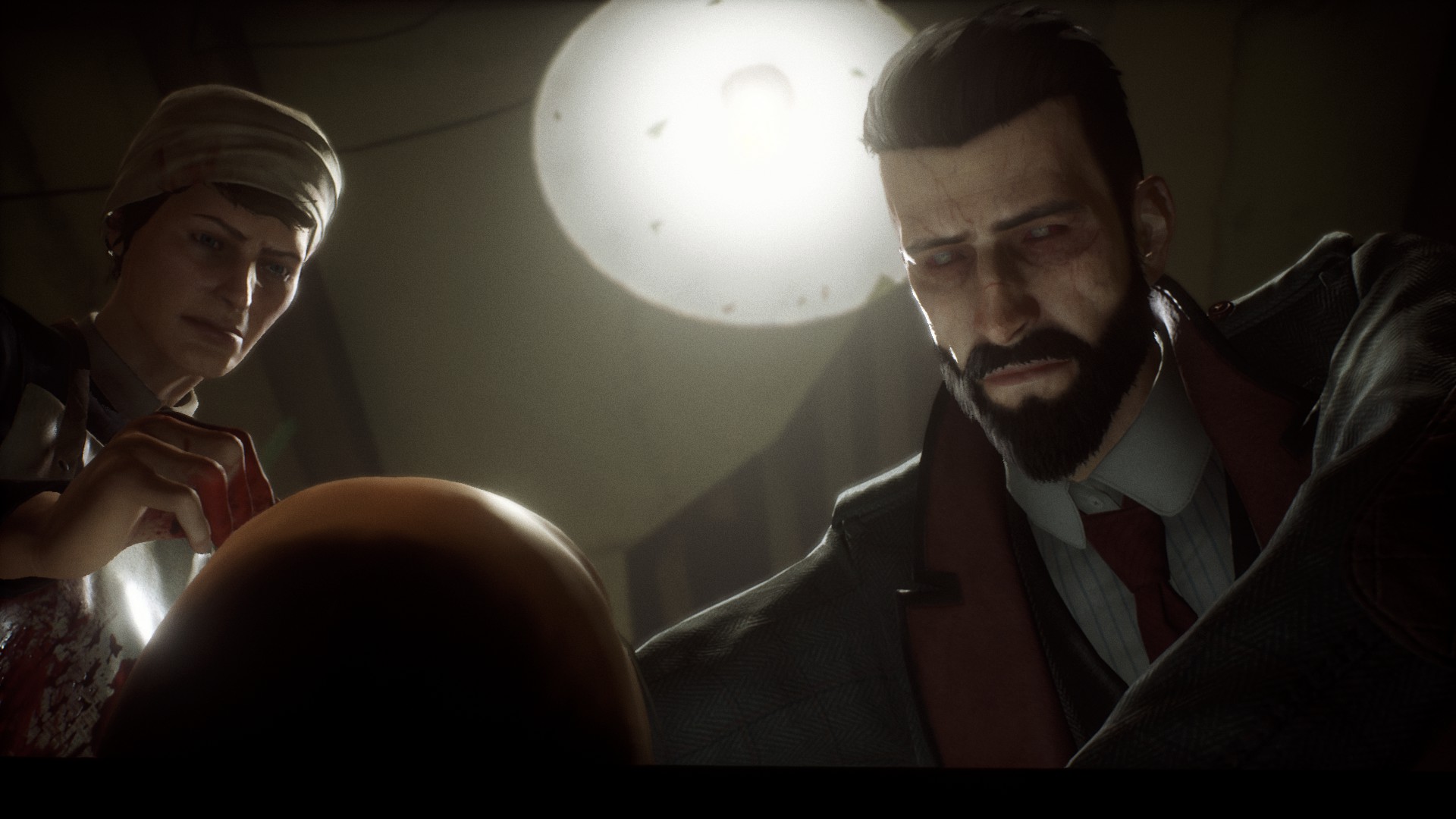
Vampyr exists as a mirror of its protagonist’s main conflict: like an angsty goth teenager it just doesn’t know what it wants to be. It’s a little bit conversational narrative like Life is Strange and a little bit combat-heavy action RPG. Vampyr is certainly ambitious in its presentation, but is it enough to win over fans of both genres?
For those familiar with DONTNOD’s Life is Strange, you’ll find some similarities here. The dialogue is solid (if sometimes overly dreary) and the characters are well fleshed-out. The similarities stop there though. Vampyr takes a gameplay focused direction here and drops the episodic format they have already mastered for a more exploratory setting.
You awaken as Dr Jonathan Reid, war veteran and newborn vampire. You begin the game slowly stumbling around a grimy, gothic London with some shaky tutorials being thrown at you. Once you get past the opening stages and into your first hideout, Vampyr becomes a more open experience.
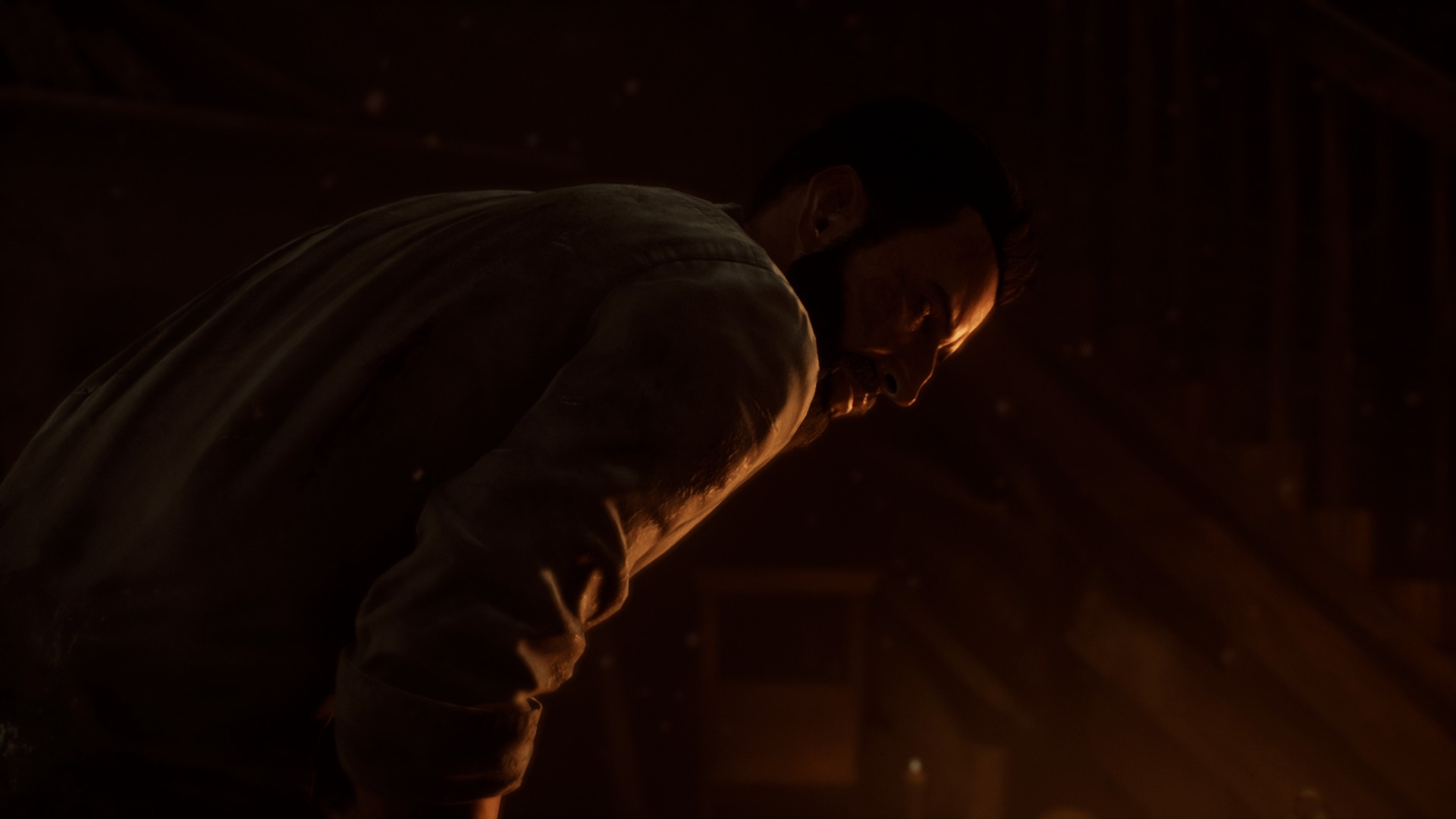
You find yourself in a position at Pembroke Hospital, which serves as your base of operations while you investigate the spread of the infamous Spanish Flu and your own vampiric condition. There is also a wealth of side investigations to conduct – often being simple fetch quests for some more NPC information – while you chase the main story threads.
As a doctor, you are compelled to help the ill, crafting medicine to improve their health. This benefits community stability, causing the local economy to bloom and the streets to stay safe. Most importantly, this increases the experience you receive from NPCs if and when you decide to drink their blood.
Herein lies the most heavily promoted and ambitious mechanic of Vampyr. NPCs are interconnected with others in their communities, and drinking their blood gives you experience to acquire new, brutal abilities. The issue is that other than increasing your combat prowess, there is no real reason to believe it’s necessary.
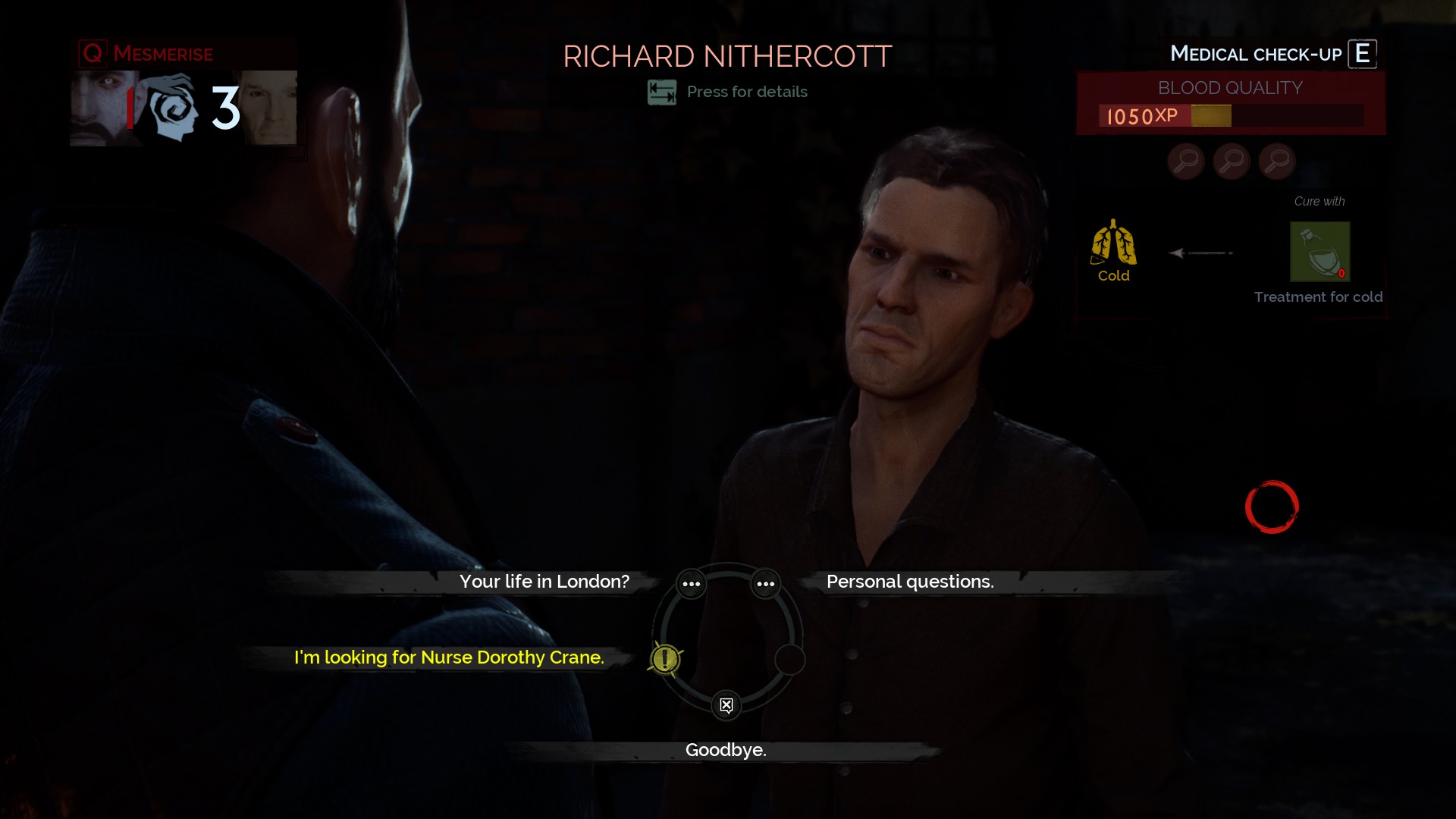
There is no shortage of vampire hunters roaming the streets between communities and hideouts, so why does Jonathan only get his kicks from that sweet NPC juice? It’s never really clarified. You get the feeling that’s how DONTNOD wanted it and that’s enough for them. They even warn you at the beginning of the game that combat will be much easier the more you kill.
Speaking of combat, it’s reminiscent of The Witcher 3 but a little more rigid. Controlling Jonathan can be tough due to shaky controls (both keyboard and controller) and some not-so-well-explained mechanics. Blood is a resource that acts as your mana, and can only be refilled by drinking blood from enemies or rats. To drink blood from enemies they must be stunned first, usually with secondary weapons or abilities.
This main combat loop can be satisfying with the right abilities, and everything is viable so the rule of cool applies here. Go with your gut. Do you want to shred your enemy to pieces? Do you want to spear your enemies with your blood? All manageable.
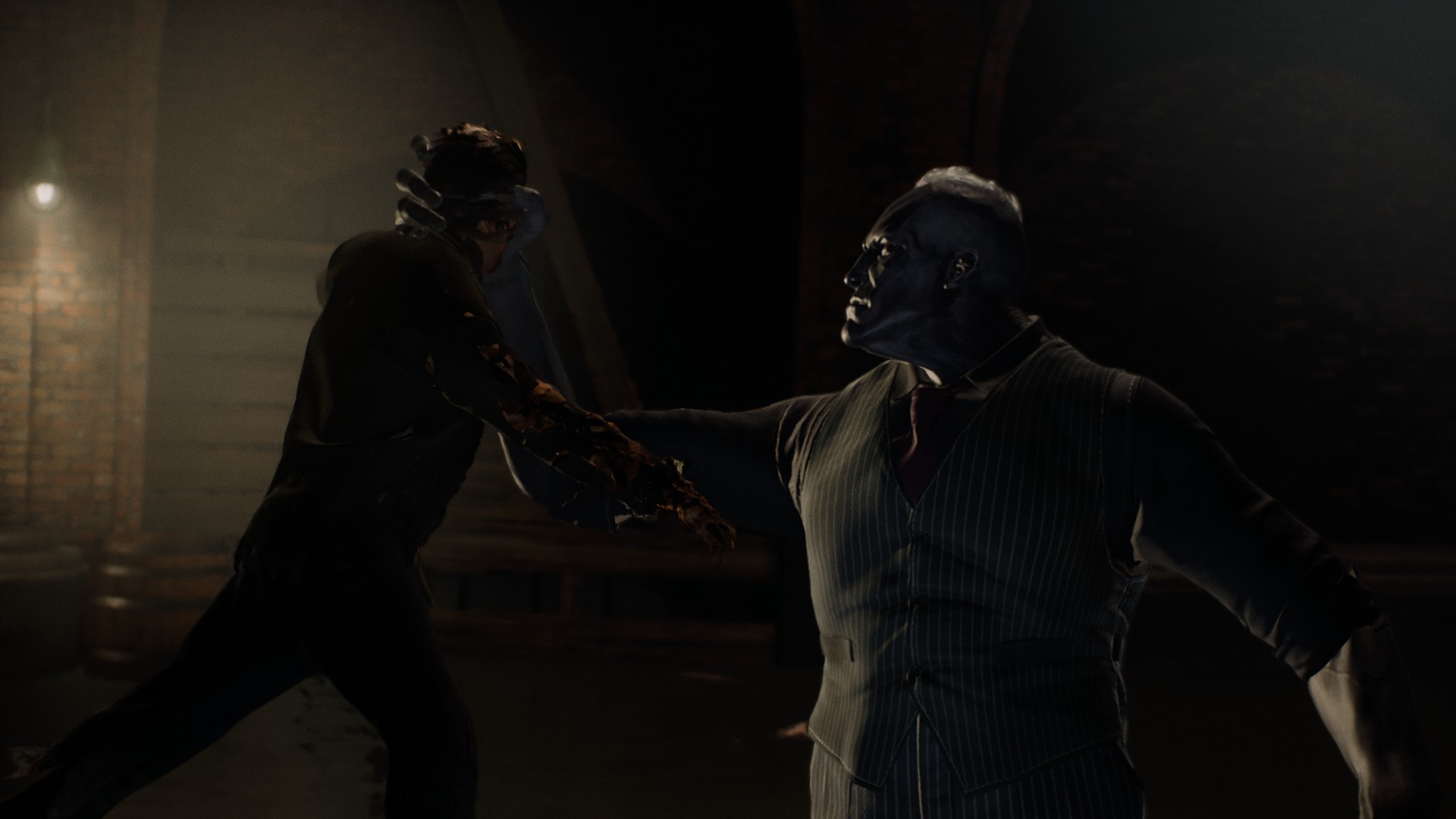
You learn powerful abilities to use with blood and some are visually impressive. Every one of them feels impactful, and a simple respec option lets you play with all of them in one playthrough. Each damaging ability does blood, physical, shadow or ranged damage, and creating a mix of abilities will help you overcome any enemy.
The game feels clunky when fighting groups, but duels against bosses and tougher enemies are where the game shines. When given the time to make calculated decisions without worrying about locking on and getting rushed, Vampyr’s combat can feel truly exciting.
I can’t go on without mentioning the sound design. Combat sounds delightfully crunchy, and every action, attack and cast is accompanied by a musical note that fits seamlessly with the soundtrack. I haven’t heard it done this well since Bioshock Infinite and is a remarkably under-appreciated achievement when any game does this right.
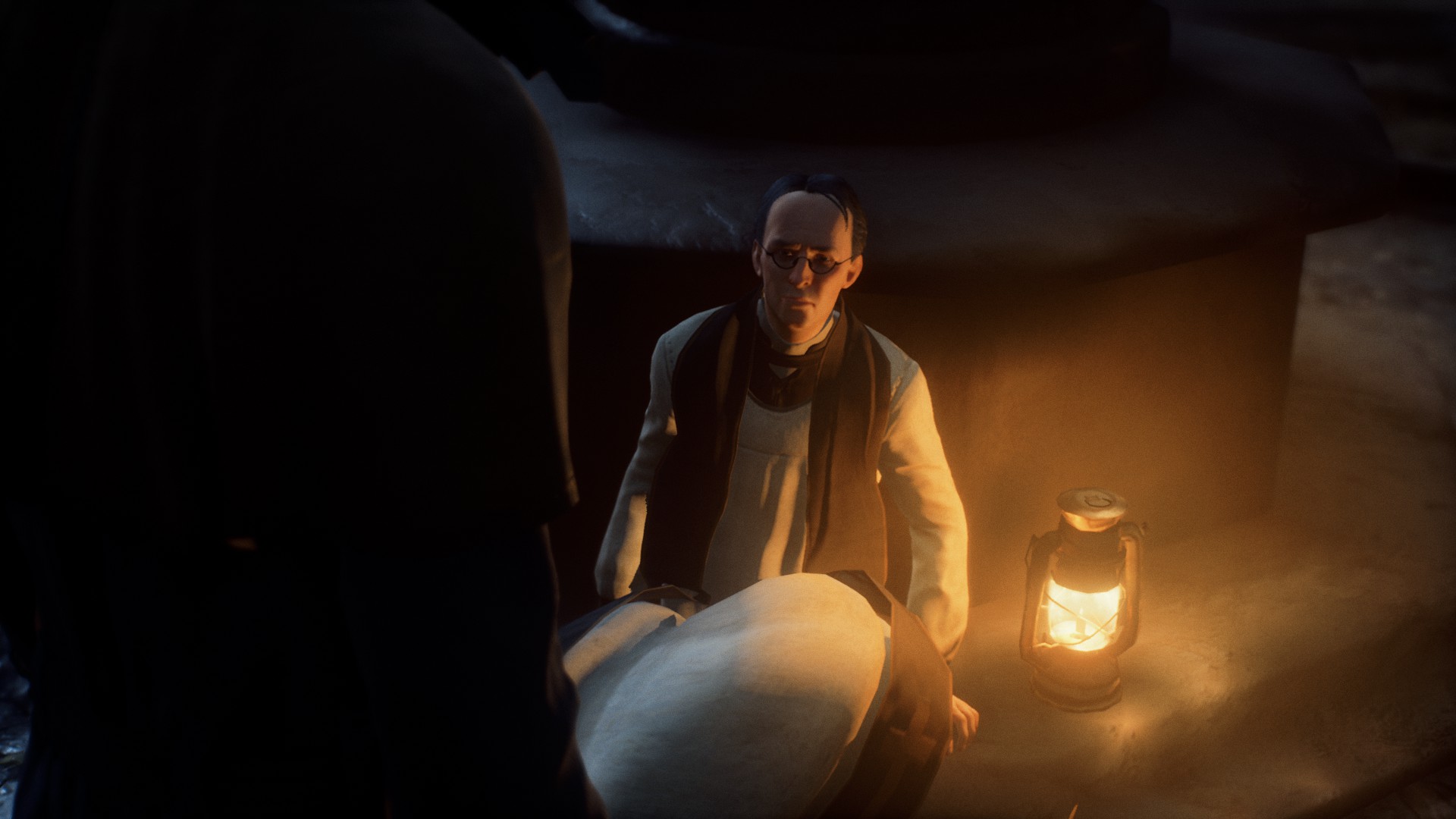
The soundtrack is a melancholic spread of cellos, pianos and ominous strings. It can get pretty miserable but never fails to impress, especially in pivotal scenes. It is a shame then that with such quality sound and music design there isn’t more attention paid to the dialogue. Some of it comes off splendidly, particularly from some main characters, but many NPCs have stilted lines and Jonathan himself can be largely inconsistent.
In the end, Jonathan became this vessel I didn’t really care about. You almost never see his face during dialogue, which is a missed opportunity for some reflection on his psyche. Often during a conversation, you feel the ‘gameyness’ of the dialogue. Tthe writing of the NPCs is strong but I can’t help feel that Dr Reid is missing the personality of other characters. Sometimes he’s just not that interesting.
I wasn’t expecting the approach Vampyr takes in reminding you how heavily medical practices are as much a scientific endeavour as a humanitarian one. In his best moments, Jonathan tries to be level-headed and analytical even in his new vulnerable state. There are well-worn tropes here, and there isn’t much we haven’t seen before from vampire fiction. If you don’t like vampire or gothic fiction, Vampyr doesn’t offer anything ground-breaking enough to change your mind.
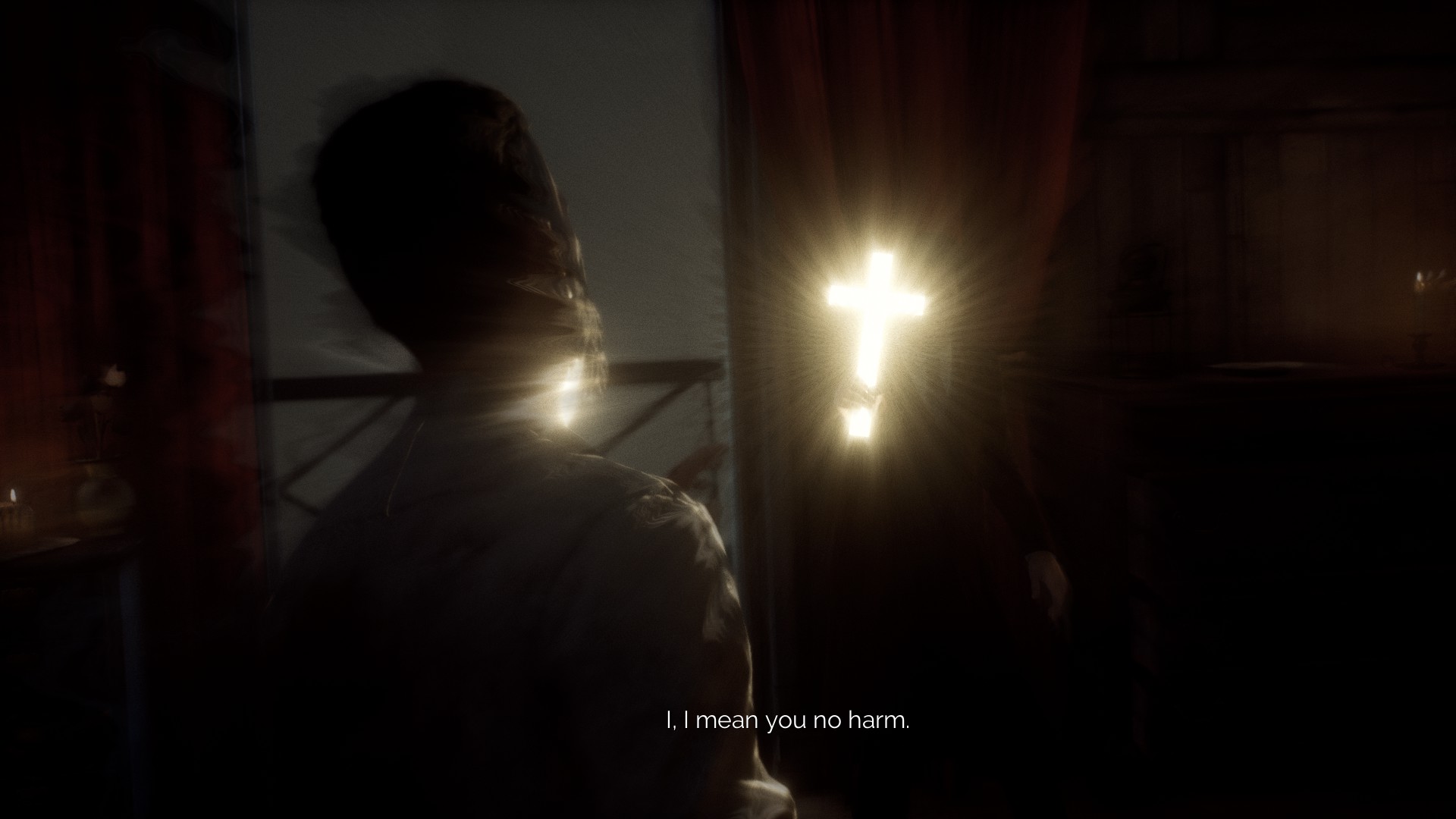
The dialogue feels more checklist-like than DONTNOD’s previous efforts, partly because NPCs feel more like a resource than complex characters. Conversations and discoveries will give you more information, thus unlocking more dialogue which gets you more experience. There doesn’t seem to be any greater consequence to this than increasing your combat prowess.
If you give in to your vampiric urges and go on a kill-crazy rampage, murdering any and all NPCs, the streets become flooded with vampire hunters as chaos takes over. Oh, and it’s a one-save-no-reload situation here, so no take-backsies.
There are 60 NPCs with their own stories and problems to choose from, some being crueller than others. Vampyr tries to straddle the morally grey line but is let down by its connection to the combat. The social web system is interesting, but I can’t help feel that it would have been far stronger without the combat elements.
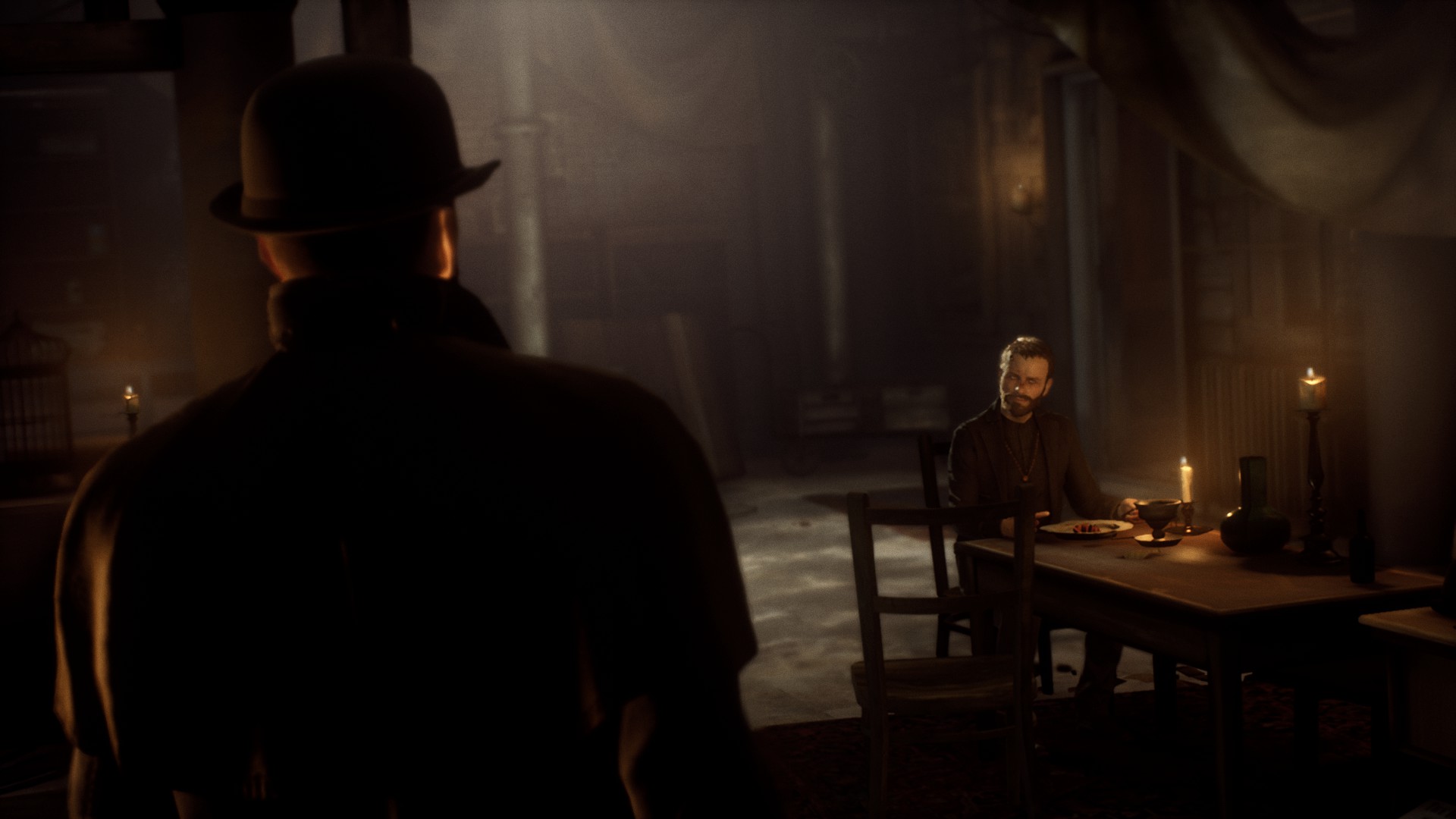
The side quests are numerous, and a full playthrough can take between 15-35 hours depending on how much you investigate. My main gripe is that they aren’t particularly exciting or thought-provoking like in The Witcher 3. I know it’s an unfair comparison given the size of the project, but the social web system shows so much potential that I hope DONTNOD can improve on in future games.
Vampyr’s London streets are lovingly crafted, and I enjoyed exploring the communities and their intricately decorated environments. Alongside the sound design, the visuals are one of Vampyr’s strengths and show an improvement on DONTNODs previous titles. I encountered no issues with performance except for one crash, however, I’ve heard others are having some loading issues (though this is mostly on the PS4 and Xbox One).
Vampyr is going to be a hard sell at this cost. If you’re looking for the narrative quality of Life is Strange and the smooth, tight combat experience of a modern action RPG you’re going to find a better experience in more specialised games – for the same price. But, this will be a more than tolerable experience if you’re desperate for some gothic fiction in your games, a genre that is sadly under-represented these days.

